41 describe relevant labels related to intelligence testing
Intelligence Tests: Types and Uses - Psychology Discussion Intelligence tests help in classifying individuals according to their mental makeup, e.g. in schools, teachers responsibility is to classify the students in his class as backward, average, bright or gifted, and thus arrange for homogenous grouping to provide proper educational opportunities. c. Use in assessment for promotion: Types of Intelligence Testing for Children - Verywell Family Intelligence involves the ability to think, solve problems, analyze situations, and understand social values, customs, and norms. Intelligence testing is the estimation of a student's current intellectual functioning. It requires them to perform various tasks designed to assess different types of reasoning.
Chapter 10 - AP Psychology - Google • Interpret the meaning of scores in terms of the normal curve. • Describe relevant labels related to intelligence testing (e.g., gifted, cognitively disabled). • Debate the appropriate testing...

Describe relevant labels related to intelligence testing
Concept of Intelligence - an overview | ScienceDirect Topics The concept of intelligence goes back to the Latin verb intellegere, meaning the acquirement, processing and storage of information. From this point of view, intelligence is restricted to the cognitive, mental abilities of the human being. Two thousand years later it still seems wise to reserve the term intelligence for what in the scientific ... Intelligence Testing: Definition & Examples | StudySmarter Intelligence tests are the different methods available to evaluate intelligence. Achievement tests are used to assess an individual's current understanding of certain material. Aptitude tests are used to gauge an individual's abilities and predict future performance. Two tests that are foundational to intelligence testing: the Binet-Simon ... Validity and reliability of Intelligence Assessments - UKEssays.com The validity of the tests is equally important as the reliability of the test. Validity is challenged when a participant in the test cannot communicate in the language used in the test (Rhodes, 2005). Critics of IQ tests argue that the differences in IQ scores are attributable to the orientation of the test makers such as their experiences ...
Describe relevant labels related to intelligence testing. Intelligence Testing Essays (Examples) - Paperdue.com Intelligence Testing Intelligence and achievement are very different. Intelligence is a measure of one's aptitude, or ability, which is in essence a measure of potential. It is actually only a measure of potential in one skill area -- the cognitive. Intelligence testing is usually focused on things like problem solving and pattern recognition. Intelligence Testing and the Beginning of Eugenics - Owlcation The eugenics movement began with the advent of testing for individual characteristics in children. Although intelligence testing was created to determine school readiness, it became one of the unintended foundations of eugenics. This occurred when three influential psychometricians - Lewis Terman, Henry Goddard and Robert Yerkes - began ... What Is General Intelligence (G Factor)? - Verywell Mind Challenges. General intelligence, also known as g factor, refers to the existence of a broad mental capacity that influences performance on cognitive ability measures. Other terms such as intelligence, IQ, general cognitive ability, and general mental ability are also used interchangeably to mean the same thing as general intelligence. Intelligence: Definition, Theories & Testing - Simply Psychology The Stanford-Binet Scale is a contemporary assessment which measures intelligence according to five features of cognitive ability, including fluid reasoning, knowledge, quantitative reasoning, visual-spatial processing and working memory. Both verbal and nonverbal responses are measured.
Describe culture-loading and how it relates to intelligence testing. Forensic psychologists use intelligence testing to determine a defendants' competency levels. Despite the widespread use of intelligence testing, psychologists have identified many issues with intelligence tests. For this discussion, we will focus on the role that culture plays in measuring intelligence. Unit 8: Intelligence and Testing - MrGalusha.org ET 8-4 Intelligence Testing: Essential Task 8-4: Debate the appropriate testing practices, particularly in relation to the Stanford-Binet test, the WISC, the WAIS and culture-fair test uses. ET 8-5 Mental Retardation and Giftedness: Essential Task 8-5: Describe relevant labels related to intelligence testing (e.g., gifted, cognitively disabled ... intelligence test | Definition, Types, History, & Facts | Britannica The test is scored in terms of intelligence quotient, or IQ, a concept first suggested by German psychologist William Stern and adopted by Lewis Terman in the Stanford-Binet Scale. The IQ was originally computed as the ratio of a person's mental age to his chronological (physical) age, multiplied by 100. Intelligence Test: Types and Uses | Individual - Psychology Discussion Among the group tests there are two types: (i) Verbal, and. (ii) Non-Verbal. Verbal tests are those which require the use of language to answer the test items. 3. Performance: These tests are administered to the illiterate persons. These tests generally involve the construction of certain patterns or solving problems in terms of concrete material.
Alfred Binet and the History of IQ Testing - Verywell Mind This scoring method has become the standard in intelligence testing and is also used in the modern revision of the Stanford-Binet test. The WAIS-IV contains 10 subtests, along with five supplemental tests, and provides scores in four major areas of intelligence: Verbal comprehension Perceptual reasoning Working memory Processing speed PDF Testing and Intelligence - D. Fry Science • Interpret the meaning of scores in terms of the normal curve. • Describe relevant labels related to intelligence testing (e.g., gifted, cognitively disabled). • Debate the appropriate testing practices, particularly in relation to culture- fair test uses. What Is in a Name? A Historical Review of Intelligence Test Score Labels Abstract. Labels for scores stemming from intelligence tests have been employed since their inception in the United States. The purpose of this study was to systematically identify and document ... PDF Essential Tasks (ET) for AP Psychology for Units - Pasco School District 3.4: Describe the function and disorders related to key neurotransmitters (serotonin, dopamine, endorphins, acetylcholine, GABA, and norepinephrine.) 3.5: Describe the subdivisions and functions of the nervous system 3.6: Detail historic and contemporary research strategies and technologies that support research (case studies like Phineas Gage,
Intelligence and Testing - Mr Dunn's Class Website • Interpret the meaning of scores in terms of the normal curve. • Describe relevant labels related to intelligence testing (e.g., gifted, cognitively disabled). • Debate the appropriate testing practices, particularly in relation to culture-fair test uses. • Identify key contributors in intelligence research and testing (e.g., Alfred Binet,
Intelligence Testing - an overview | ScienceDirect Topics Intelligence testing refers to the theory and practice of measuring people's performance on various diagnostic instruments (intelligence tests) as a tool for predicting future behavior and life prospects or as a tool for identifying interventions (e.g., educational programs).
AP Psych | Unit 11 Interpret the meaning of scores in terms of the normal curve Describe relevant labels related to intelligence testing (e g , gifted, cognitively disabled) Debate the appropriate testing practices, particularly in relation to culture-fair test uses
Unit 5: Cognition - MrGalusha.org R. Describe relevant labels related to intelligence testing. S. Debate the appropriate testing practices, particularly in relation to culture-fair test uses. 5.11 Components of Language and Language Acquisition Concept Map for 5.11 Language Slides Secrets of the Wild Child Viewer's Guide
Intelligence Testing and Discrimination Assignment 3 - SlideShare 3. 3 The ability to discern, learn and express information, thoughts and feelings. Some cultures are more intelligent due to good education. The ability to sense, process and make beneficial use of the information that we encounter and interact with in the world around us. When you can learn from your mistakes.
Chapter 8: Testing and Individual Differences - Quizlet intelligence test a method for assessing an individual's mental aptitudes and comparing them with those of others, using numerical scores. general intelligence (g) a general intelligence factor that, according to Spearman and others, underlies specific mental abilities and is therefore measured by every task on an intelligence test
Measuring intelligence and IQ, and the problems that presents The resulting 1905 Binet-Simon Scale became the basis for modern IQ testing. Ironically, Binet actually thought that IQ tests were inadequate measures for intelligence, pointing to the test's ...
Intelligent intelligence testing - American Psychological Association In the early 1980s, for example, Gardner attacked the idea that there was a single, immutable intelligence, instead suggesting that there were at least seven distinct intelligences: linguistic, logical-mathematical, musical, bodily-kinesthetic, spatial, interpersonal and intrapersonal. (He has since added existential and naturalist intelligences.)
Defining learning disability: what place does intelligence testing have ... Intelligence testing, or some similar psychometric procedures should be available, but with two substantial ca … In summary, therefore, when we endeavour to make any statements on the presence and/or degree of learning disability in children, we need to consider carefully how we define our population.
10.1 Defining and Measuring Intelligence - Introduction to Psychology ... It is important that intelligence tests be standardized on a regular basis because the overall level of intelligence in a population may change over time. The Flynn effect refers to the observation that scores on intelligence tests worldwide have increased substantially over the past decades (Flynn, 1999). Although the increase varies somewhat ...
Validity and reliability of Intelligence Assessments - UKEssays.com The validity of the tests is equally important as the reliability of the test. Validity is challenged when a participant in the test cannot communicate in the language used in the test (Rhodes, 2005). Critics of IQ tests argue that the differences in IQ scores are attributable to the orientation of the test makers such as their experiences ...
Intelligence Testing: Definition & Examples | StudySmarter Intelligence tests are the different methods available to evaluate intelligence. Achievement tests are used to assess an individual's current understanding of certain material. Aptitude tests are used to gauge an individual's abilities and predict future performance. Two tests that are foundational to intelligence testing: the Binet-Simon ...
Concept of Intelligence - an overview | ScienceDirect Topics The concept of intelligence goes back to the Latin verb intellegere, meaning the acquirement, processing and storage of information. From this point of view, intelligence is restricted to the cognitive, mental abilities of the human being. Two thousand years later it still seems wise to reserve the term intelligence for what in the scientific ...
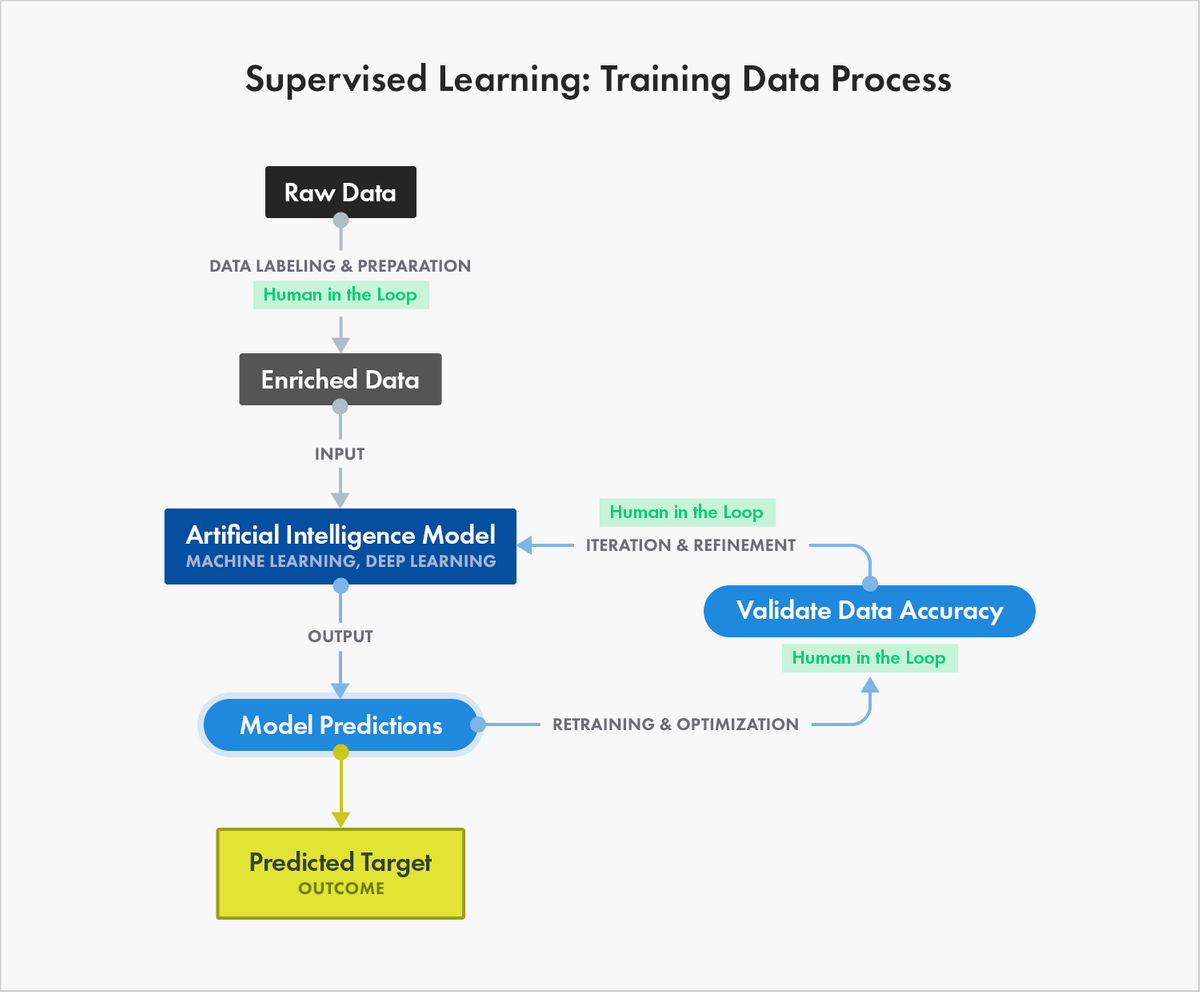

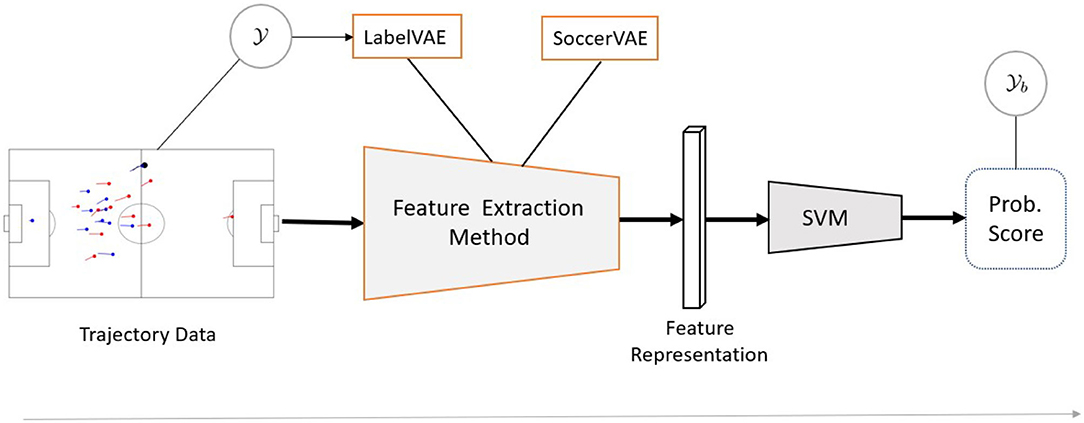
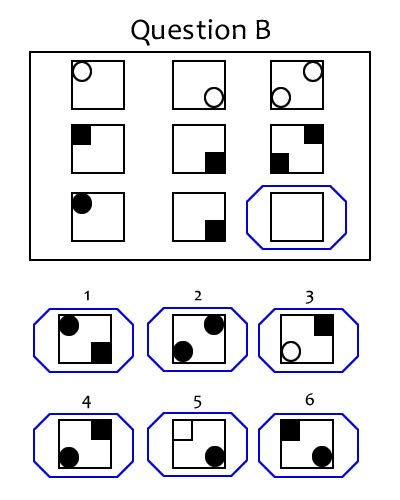










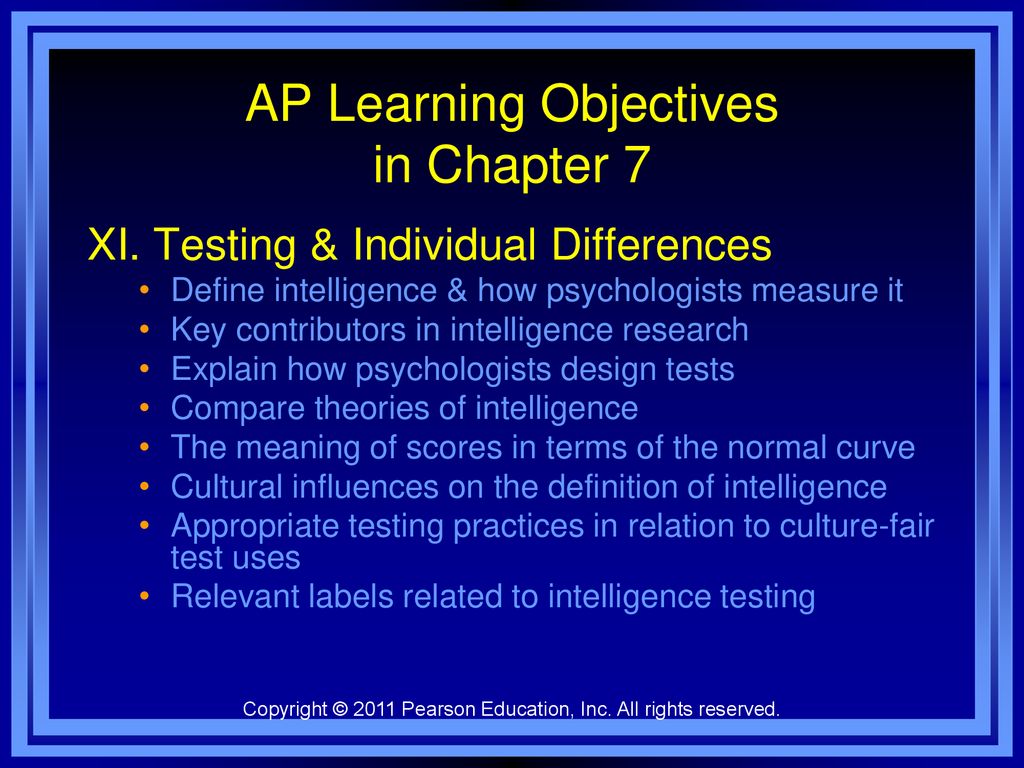

:max_bytes(150000):strip_icc()/AlfredBinet-cropped-f86433abce6544a3ba26edefb051a13a.jpg)



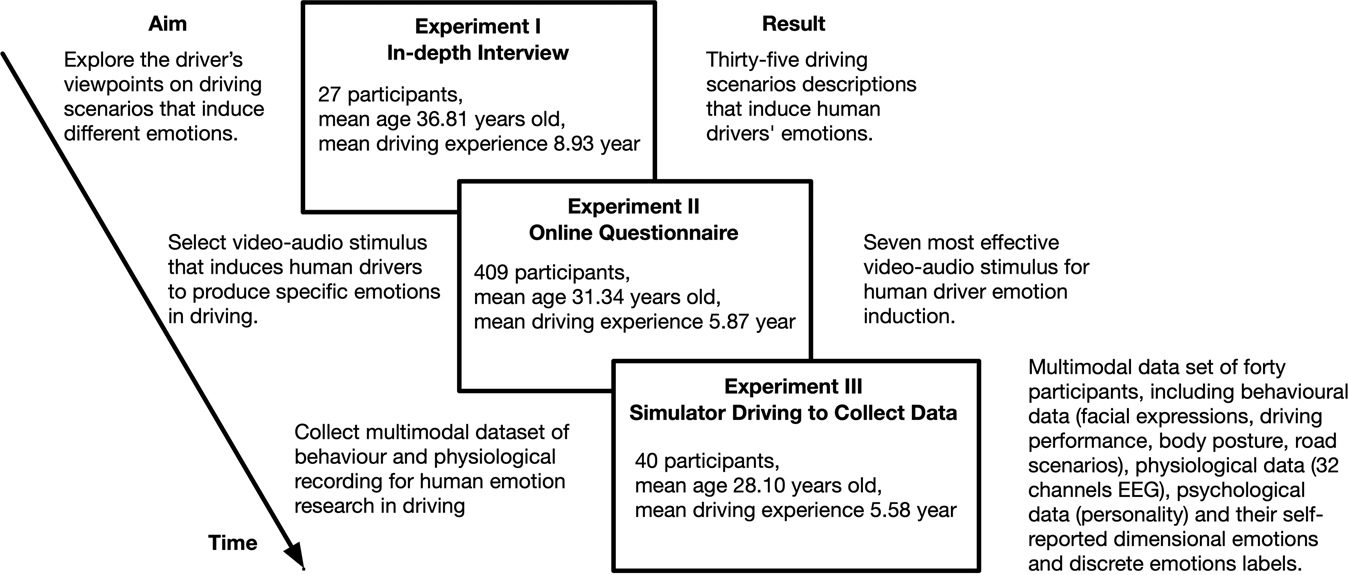


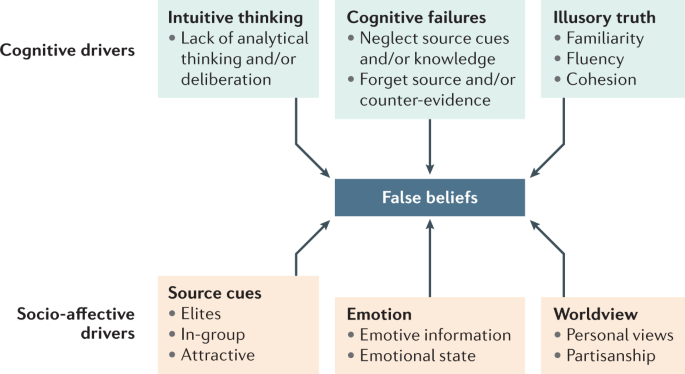

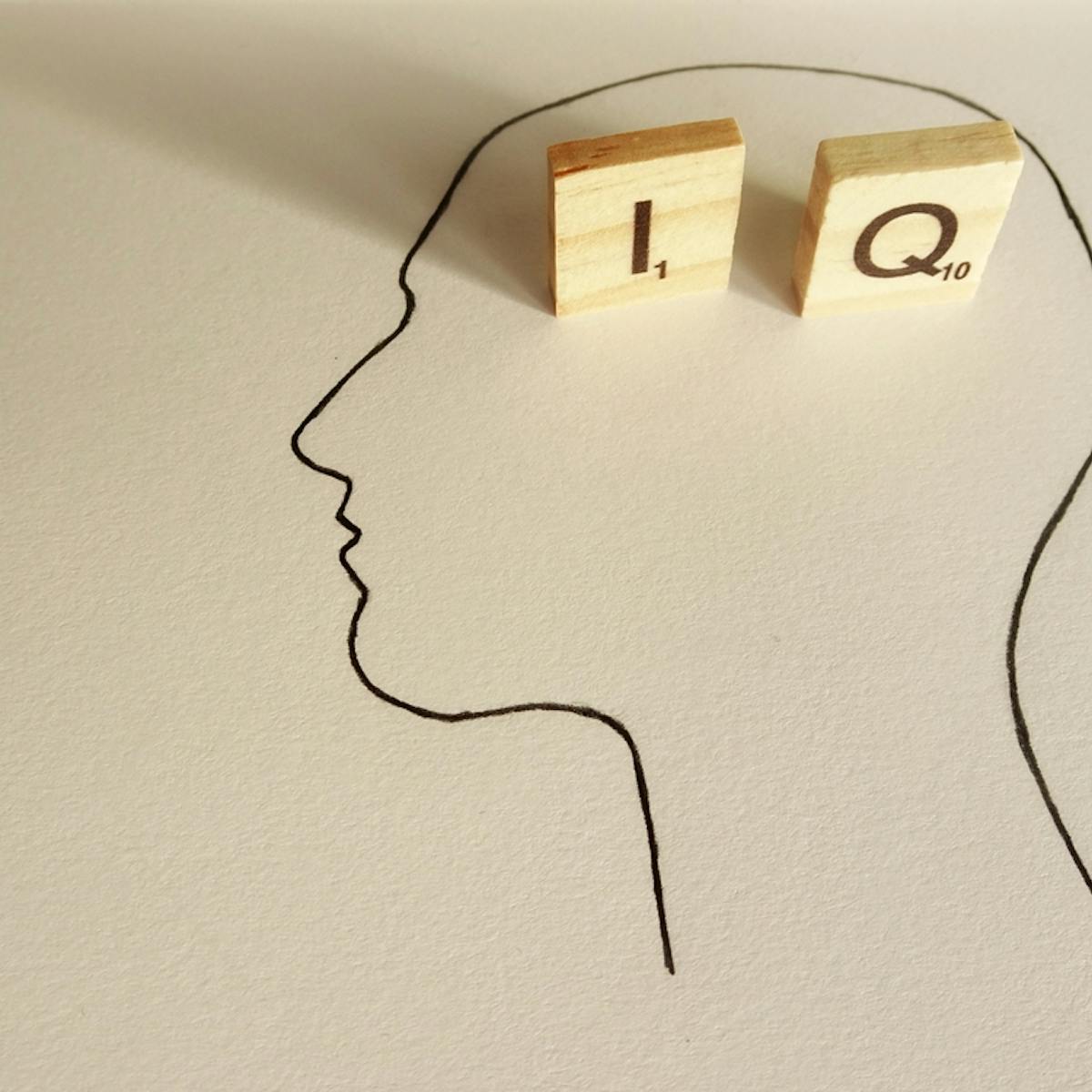


/170126270-56a59d2f3df78cf772891514.jpg)

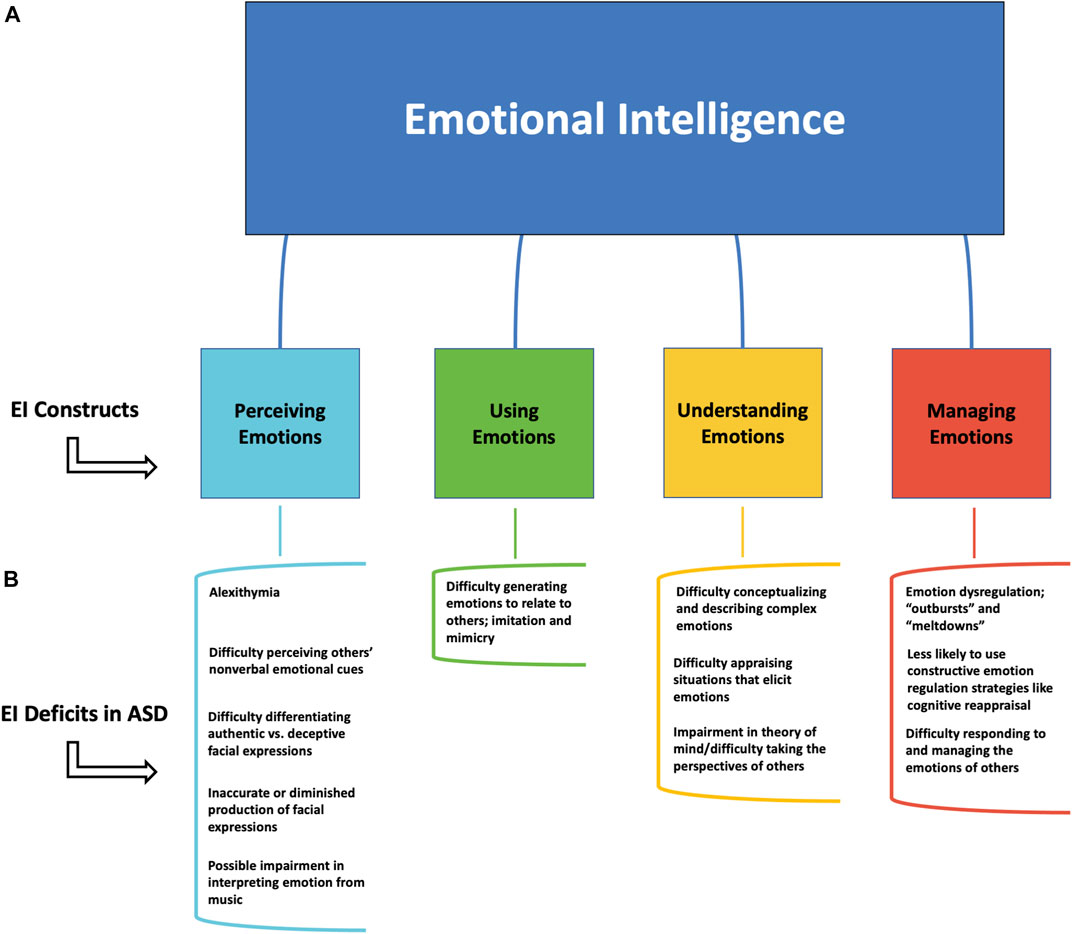
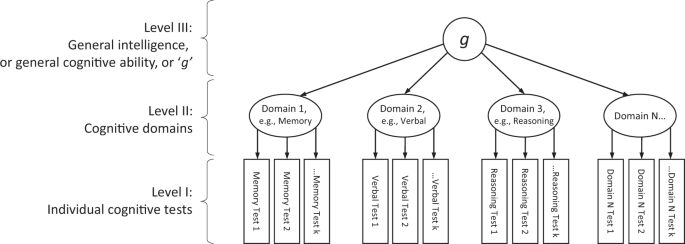

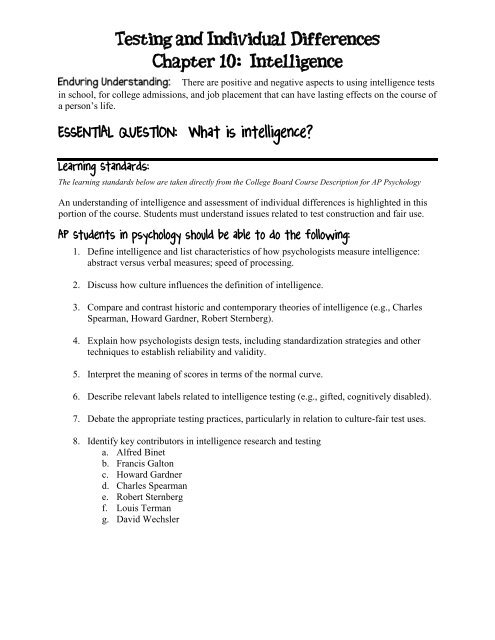

![What Is Data Labelling and How to Do It Efficiently [2022]](https://assets-global.website-files.com/5d7b77b063a9066d83e1209c/627d122ad4fd20872e814c81_60d9afbb7cc54becbcb087c5_AI%2520food.png)
Post a Comment for "41 describe relevant labels related to intelligence testing"